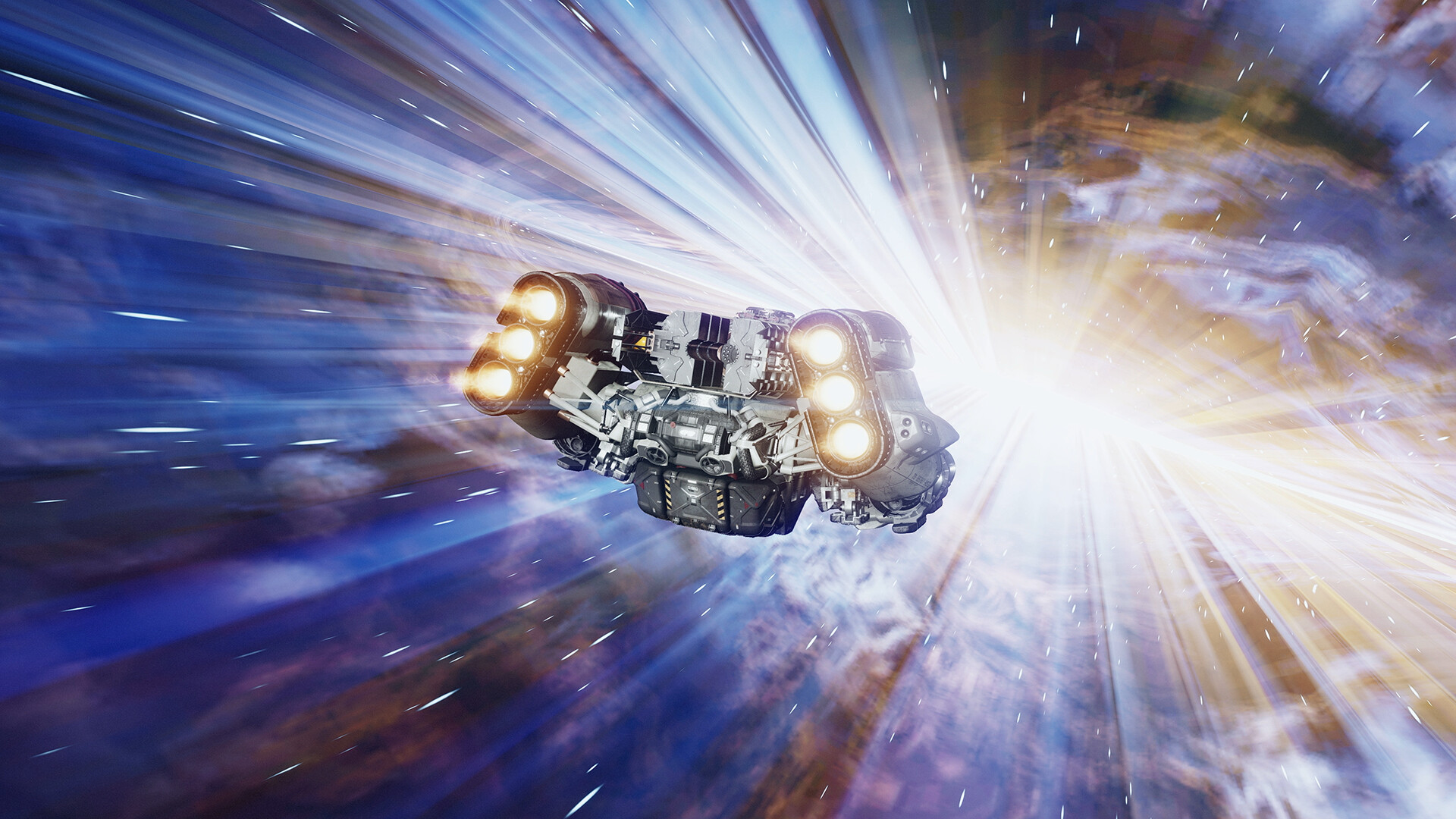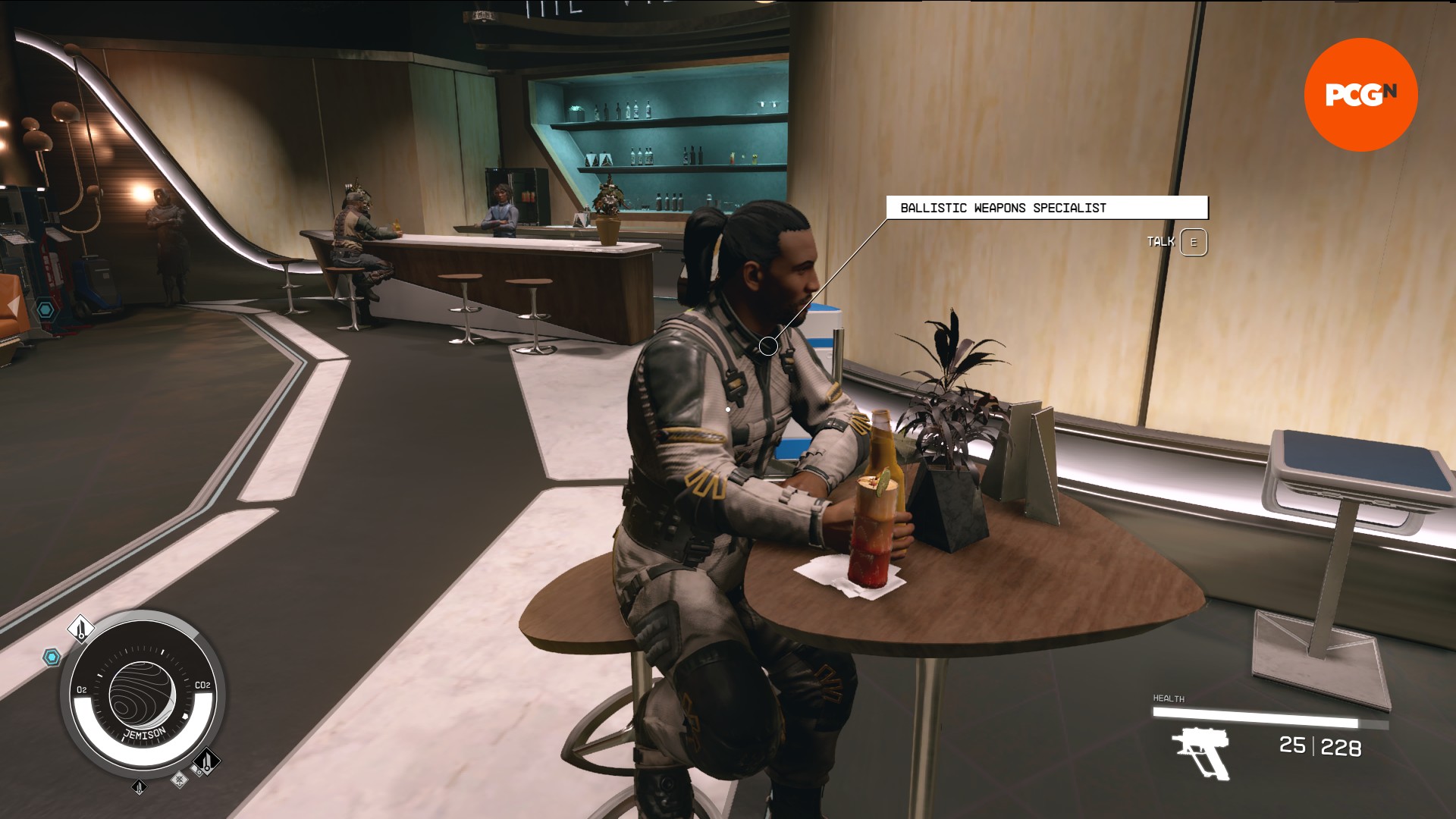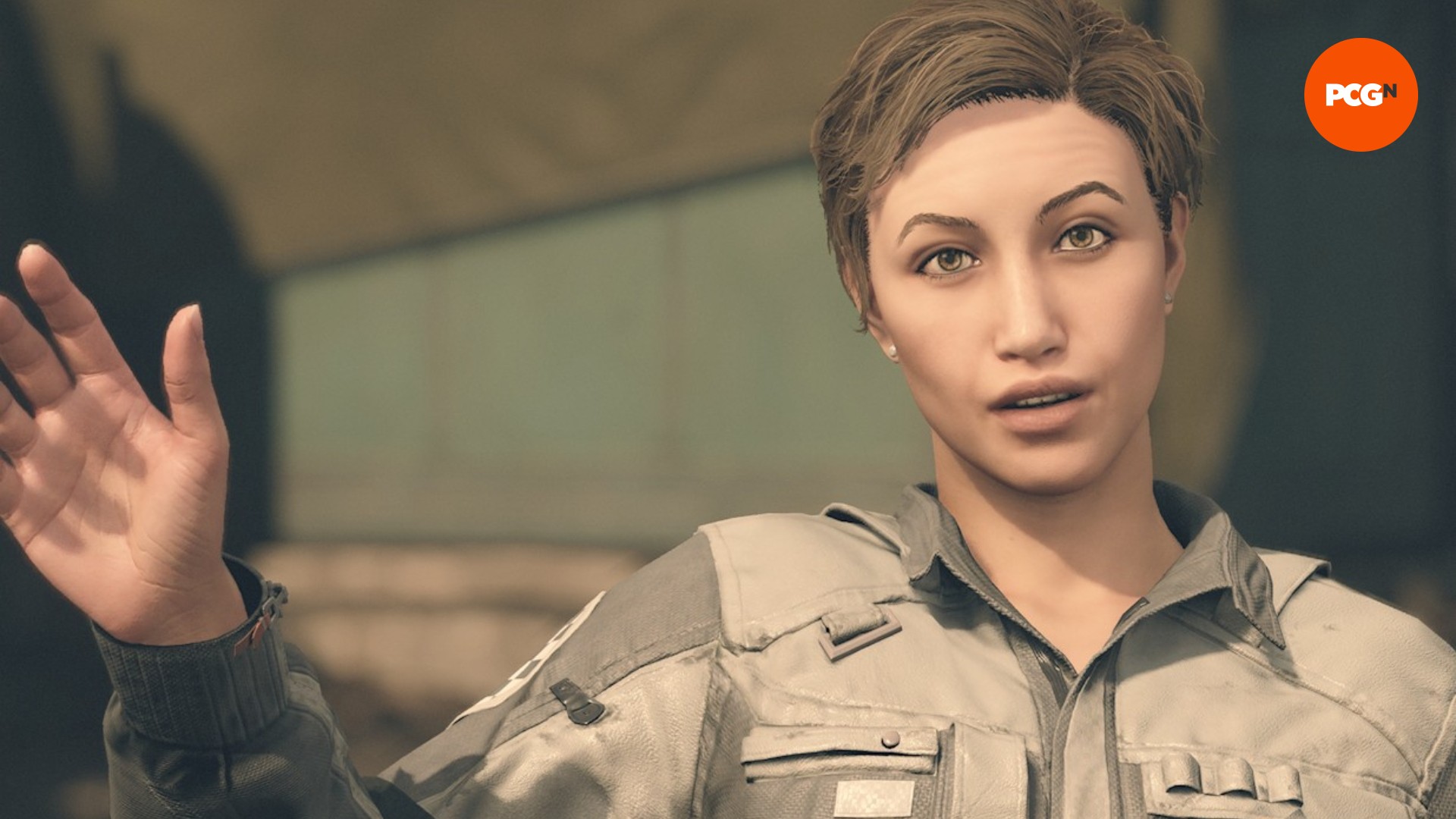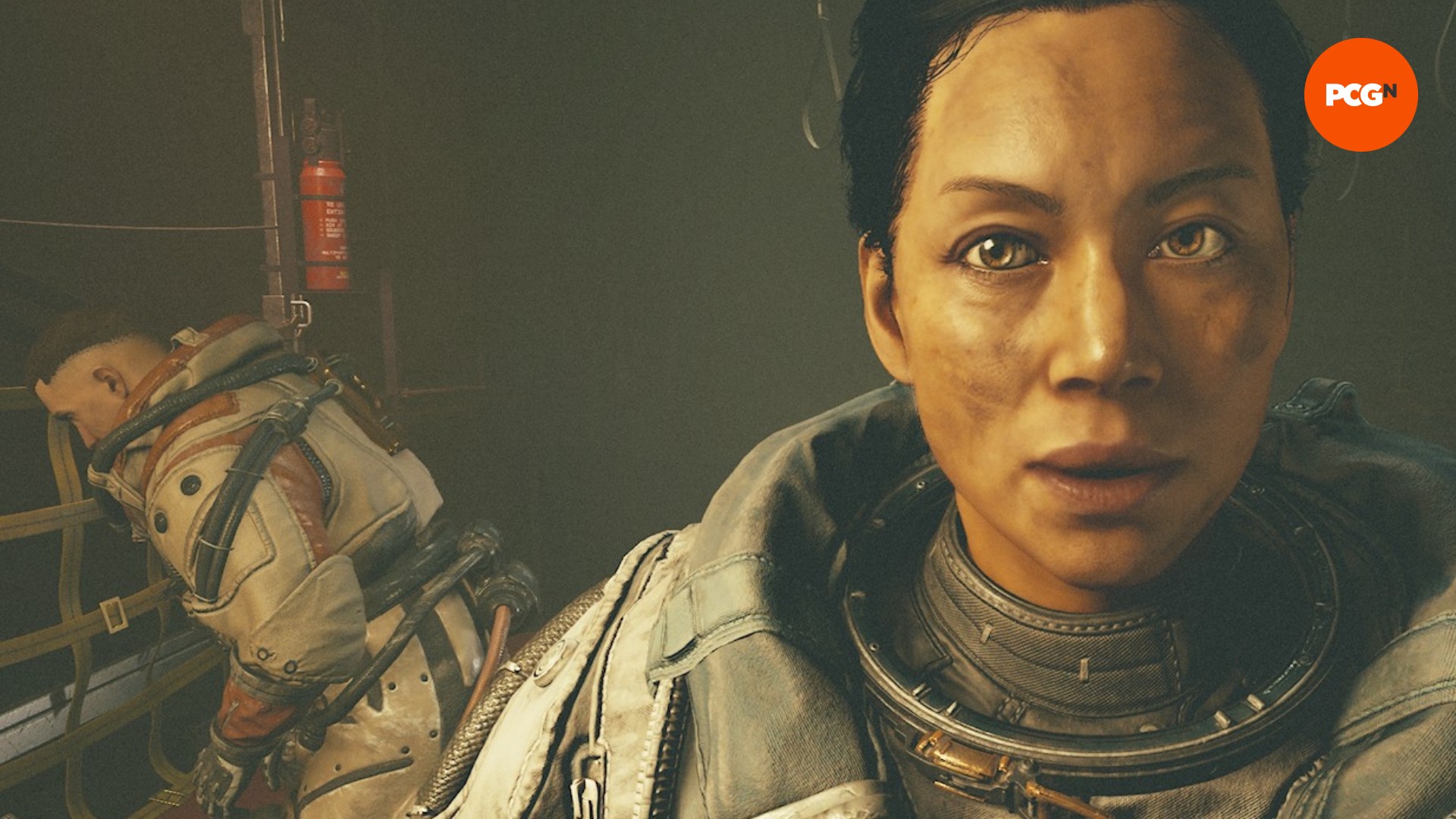Starfield is a huge, alternative and customization-driven Bethesda RPG game, and a real successor to the likes of The Elder Scrolls, Fallout, and Skyrim. The promise of Starfield is that, greater than any videogame ever made, you may go anyplace, do something, be anybody – boundless alternatives await, in a universe designed to permit for any of your preferences and choices. However there’s one other aspect to Starfield. What it proposes, that you could be do what you need and the sport will facilitate and settle for this (inside some parameters), represents how mainstream videogames, over the previous 15 years, have develop into more and more banal, empty, and with none sort of imaginative and prescient. With Starfield, the mainstream videogame, as cultural artifact, has reached its nexus level. The archetype of the triple-A sport has to alter or settle for creative oblivion.
Others – Grand Theft Auto, Morrowind, World of Warcraft, even Dungeons and Dragons – got here earlier than, however Murderer’s Creed 2, from 2009, is the sport that set the mannequin. Notably close to triple-A, single-player RPGs, Murderer’s Creed 2 would domesticate a formulation that different video games would observe, iterate, and be based mostly upon for the following decade and a half.
We’re speaking collectibles. Sidequests. Customization. Alternative. Your personal in-game home. Quite a lot of outfits, weapons, autos, and skills. Freedom and, maybe most significantly, amount. All of those existed as sport design precepts earlier than Murderer’s Creed 2, however Ubisoft mixed them to create an virtually new style – not simply the open-world game, however the trendy, Ubisoft open-world sport.
Virtually concurrently got here Oblivion and Fallout 3; a few years later we’d get New Vegas and Skyrim. The finer variations between these video games are price discussing – and have been mentioned elsewhere – however broadly talking, concurrently Ubisoft was perfecting the formulation that will form triple-A video games within the 2010s and 2020s, so was Bethesda. It feels just like the output of each studios between 2007 and 2011 finalized a selected sort of sport that will come to dominate the tradition for the following ten years.
And now we’ve Starfield, the sum whole and the conclusion of that exact form of sport, a sport composed of the identical tropes as Murderer’s Creed 2, Oblivion, Fallout, and lots of others, the target and philosophy of which can be singularly outlined: we should let the participant do what they need, or in any other case really feel like they’ll do what they need, and every thing have to be channelled into creating emotions of freedom and innocence.
It appears irresistible, and just like the good moral star to steer videogames in new artistic instructions – if we observe the concept that gamers must be allowed to do no matter in video games, the worlds, concepts, and issues that video games can discover may also be unbound. As long as freedom guidelines, creativity shall be free, too.
However on the coronary heart of this philosophy, which has come to predominate triple-A game-making, is a darkish, miserable hypocrisy: in worlds designed to let gamers do no matter they need, we’re all, after greater than a decade, doing the very same issues, and the emotional, dramatic, and mental expertise of taking part in these video games by no means modifications.

The modes of expression and scale could also be completely different. In Starfield, relatively than Renaissance Italy, I’m free to discover the universe, and I accomplish that not by horseback, however spaceship. In Starfield, as a substitute of feathers and codex pages, I gather planetary knowledge. In Starfield, there are Starborn as a substitute of Dragonborn – I propel objects utilizing my palms relatively than by shouting.
The psychology of those video games additionally doesn’t fluctuate. Each considered one of these video games is about what you wish to do as a participant, and within the strategy of their proliferation, we’ve overlooked the likelihood for every other form of sport, and the appetitie or capability to think about a triple-A sport which contradicts the precept that every thing must be pushed by participant company.
It has develop into absurd sounding, {that a} triple-A sport could also be designed round one thing aside from participant company. However once more, the paradox, obvious in each critic and participant responses to Starfield, is that individuals are bored of this.
In a sport the place I can do what I need – a sport like Starfield, which has taken this precept additional than any sport earlier – there’s inherently no motive, past exploration for exploration’s sake, and admiration of sheer scale, to interact. If I do one thing, the sport will at all times modify to allow my having carried out that one thing. If I don’t do one thing, the sport will likewise modify to my having not carried out one thing. And so what dramatic motivation, what emotional or narrative impulse, stays for me as a participant?

An instance. I stroll into Galbank in New Atlantis. The person behind the counter assigns me a mission to gather an excellent debt from a buyer residing on an remoted and distant planet. “We don’t need him killed, we don’t need him harmed,” the person working at Galbank explains. Once I confront the debtor, my Persuasion capability fails, he assaults me, and I’ve to kill him.
I return to Galbank, and the person behind the counter pays me a payment and provides me one other job ought to I need one. That is Starfield permitting me to do no matter I need – the sport bending to simply accept and incorporate me.
Though it’s admirable in a sport design approach, how Bethesda manufactures one thing that permits for such variations, that feels – after so a few years of video games that prioritize company – much less enticing than a sport with narrative conviction, an rigid voice, and its personal concepts of morality. It’s as if company has develop into an alternative choice to all different concepts in videogames, that the ruling maxim says as long as the participant has company, every thing else is both much less related or irrelevant.

In lots of FPS video games, for instance Half-Life, we’ve the mute protagonist, the concept being that we as gamers transpose on them our persona, and that this permits us to really feel extra a part of the sport and its world. However this concept has at all times failed. Mute protagonists make video games uncanny, unusual, and unable to speak something coherent. In Starfield, we’ve taken the concept of the mute protagonist even additional. We’ve got created the mute videogame, and the result’s an empty and always shapeshifting world the place nothing issues and all there’s to do is have a look at your reflection.
And this creates is a vacuum. For game-makers, it’s a vacuum as a result of concepts that contradict the precedent of company will at all times be rejected, as a result of to contradict company is now to contradict the market. For sport gamers, it’s a vacuum as a result of when every thing is permissible, nothing has which means.
It’s the curse of the infinite cash cheat. The worth of your in-game expression is measured towards how the sport challenges you. When the sport invitations you to do something and go anyplace, and assures you that you just shan’t face any substantive ethical, emotional, and even mechanical interrogation, there turns into, paradoxically, no motive to do something.
We lengthy for restraint. We miss the presence of an writer. And we search video games which might be making an attempt to say one thing – simply something – as a result of that may at all times be higher than what we’ve now, that are video games meticulously, enormously, and expensively designed, by lots of of individuals, to verify they are saying nothing.

Finally, we wish video games that encourage us to play and interact in ways in which heighten, emphasize, and make extra constant these video games’ subjective outlooks. In Starfield, we’ve a masterpiece of neutrality and banal objectivity. It will not be in the best way that anyone anticipated, however Starfield may nonetheless develop into an inflection level within the artwork historical past of video games.
Check out our Starfield review, for some additional, in-depth evaluation of Bethesda’s newest. It’s also possible to examine how the sport’s exploration mechanics struggle to compare to those in Skyrim and Fallout.
Nonetheless on the lookout for extra? Whereas a very good Starfield wiki could be a useful supply of data, our new Starfield Database goes additional, providing you each day information, searchable databanks, and even interactive instruments.





Comments are closed.